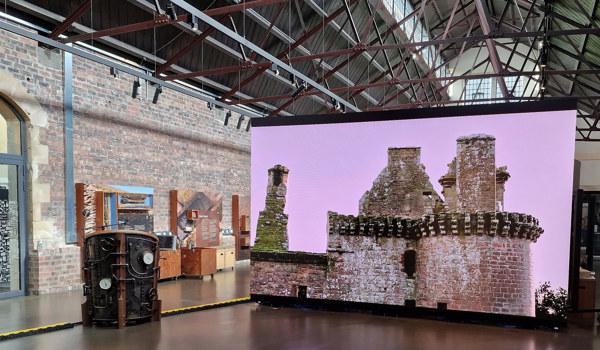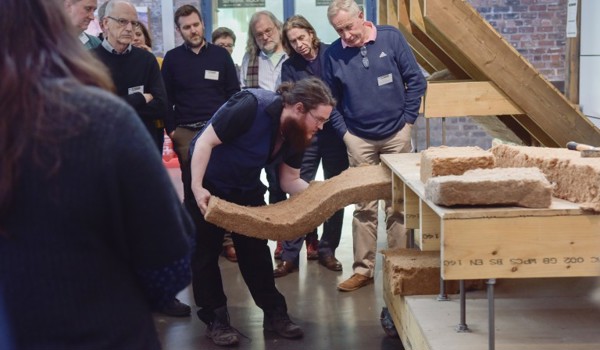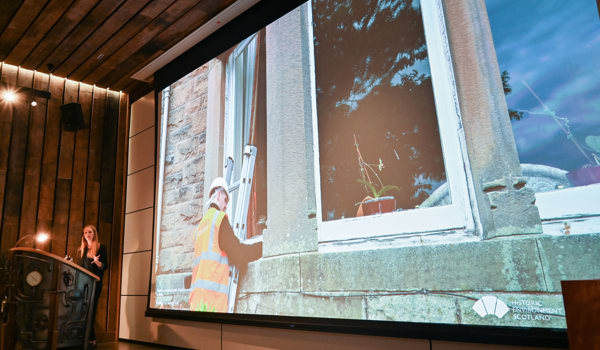How to get involved in the historic environment sector
How to get involved with building conservation
How to get involved with building conservation
Fewer decisions in life are bigger or more complex than choosing a career. Choosing to work with the historic environment can be a positive step that can guide many of your decisions.
The historic environment is made up of any building or landscape with historic significance to its community. This is what makes this sector so wide, vibrant and exciting.
Working with the historic environment
This is a broad sector and there are hundreds of different job roles, organisations and businesses within it. Building conservation is a key part of this and an important area to explore within this.
You can learn and train within the historic environment sector, but there are also many people that join it by bringing skills they have learnt elsewhere.
The importance of building conservation
Building conservation is how we look after our traditional buildings, towns and landscapes so that we can continue to enjoy, use and live in them for generations.
Re-using, adapting and maintaining historic buildings will also help Scotland reach net zero. Their repair creates good, green jobs across the country.
To do this we need diverse people bringing diverse skills such as:
- traditional building crafts like stonemasonry, where stone is cut to repair traditional buildings
- scientific and technical research, where problems with our historic buildings are studied in detail at our labs and at sites
- digital documentation, where new technologies can create 3D digital surveys of sites and monuments
- construction management, where specialised projects at sites are carefully controlled
- architecture, surveying and design, where specialist construction knowledge ensures historic buildings are appropriately maintained, adapted and fit for future use
How we can help
At the Engine Shed in Stirling we focus on bringing together traditional skills and cutting-edge technology which are essential for working with traditional buildings.
From conservation science to digital documentation, meet the teams working here.
Meet our teams- Next
-
Professions in building conservation





